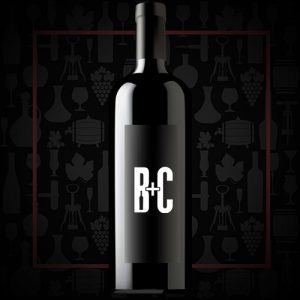Cellar Profile
The winery was founded in 1969 as a cooperative between 20 individual growers in Abruzzo, one of Italy’s most productive wine growing regions. Today, there are 400 grower members with 700 hectares of vineyards. Soils here are calcareous clay, created by runoff from the towering Apennine Mountains to the west. The moderating influence of the Adriatic Sea to the east, as well as the cool evenings in spring and fall, help temper some of the hot days during the growing season. With an eye towards tradition, Novaripa produces wines made with indigenous grape varieties that have grown here for millenia—Passerina, Trebbiano d’Abruzzo, Pecorino and old vines of the ubiquitous Montepulciano d’Abruzzo—along with international varieties such as Pinot Grigio. Buyers+Cellars is proud to represent Novaripa’s Agronika and Sagoma brands in Ontario.
Region
Abruzzo is an Italian wine region on the east (Adriatic) coast. In terms of quantitative wine production, it remains Italy’s fifth most prominent region after Sicily, Puglia, Veneto and Emilia-Romagna. The geographical makeup of Abruzzo is quite remarkable. A rugged, mountainous region with a lengthy coastline, its lush, green landscape is scattered with national parks and forests. Abruzzo is ideally situated between the Adriatic sea to the east and the Apennine mountain range and the Maiella massif to the west. The region is home to Gran Sasso, one of Italy’s highest peaks at 2912 masl. The high altitudes see dramatic diurnal temperature variations which, when combined with cool mountain air currents, moderate the temperatures in the vineyards situated on the slopes. This provides a perfect mesoclimate for vines with the most favourable growing conditions being found in the low hills of Teramo, the Colline Teramane.
Vineyard
Vineyards sit at 200 masl. The soils are mixed, with some of the trademark Abruzzo iron and clay. Planted on hillsides, some extremely steep. These vineyards are sustainably farmed. .
Varieties
Passerina is an ancient and traditional grape variety used in white wines from central Italy. It differs considerably from region to region in terms of the wine it makes, but a familiar character of ripe citrus fruit unites all Passerina wines.
Winemaking
The 2021 season saw good rainfall and excellent sunshine, allowing for optimal ripening of the fruit. Grapes were hand-picked in mid-September. Vinification in steel tank at a controlled temperature of 15-18 °C. The wine also undergoes malolactic fermentation in tank before bottling young and fresh.
Tasting Notes
A rich version of Passerina, still possessing the citrus and saline minerality that are the hallmarks of the grape, but with some added, riper fruit, like apple and melon. The palate isn’t particularly acidic, but the crunchy minerality makes it seem so. Medium-bodied, with ripe pear, honeydew melon and lemon zest flavours. Chill and enjoy with mussels in white wine, roast chicken or on its own as an aperitif.

 info@buyersandcellars.ca
www.buyersandcellars.ca
info@buyersandcellars.ca
www.buyersandcellars.ca